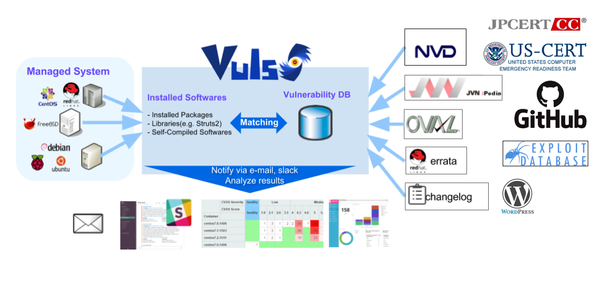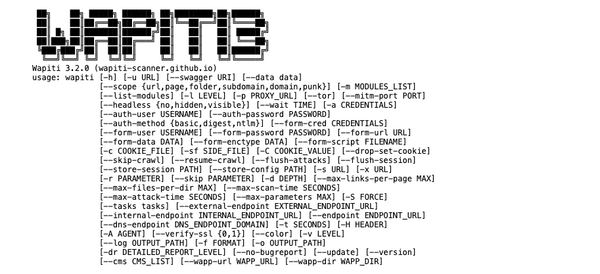LMS WordPress: Expectations vs. Reality
In our fast-paced world, online learning has become a part of mainstream education. With the increasing reliance on technology for educational purposes, Learning Management Systems (LMS) have gained popularity. Among the LMS platforms, LMS WordPress has emerged as a top choice for educators and institutions.
As the name suggests, LMS WordPress is an LMS that operates within the WordPress framework. It combines the power and flexibility of WordPress with a learning management system designed for both educators and learners. However, it is crucial to understand the expectations versus the reality when it comes to using LMS WordPress. Let's explore some areas where expectations may differ from reality.
Ease of Use
Expectation: Educators often assume that using LMS WordPress will be effortless due to the user-friendly interface of WordPress.
Reality: Although WordPress is known for its user-friendly interface, implementing and customizing an LMS on this platform can be more complex than anticipated. Educators might need to familiarize themselves with plugins and configurations in order to utilize the capabilities of LMS WordPress fully.
Customization Options
Expectation: One popular aspect of WordPress is its array of themes and plugins. Many educators anticipate having customization choices for their LMS WordPress websites.
Reality: Although LMS WordPress does provide a variety of themes and plugins specifically designed for learning management, the options might not be as extensive or diverse as those for WordPress sites. Nevertheless, with some research and effort, educators can discover themes and plugins that fulfill their requirements.
Content Creation and Management
Expectation: Educators hope that LMS WordPress will simplify the process of creating and managing content for their courses.
Reality: LMS WordPress does offer features to create and manage course content, but educators should not expect it to be a content-authoring tool. It may be necessary to utilize tools and resources for content creation and then integrate them into the LMS WordPress platform.
Communication and Collaboration
Expectation: Effective communication and collaboration are vital in any learning environment. Educators expect LMS WordPress to provide communication and collaboration tools.
Reality: While LMS WordPress does offer communication and collaboration features, they might not be as extensive or advanced as those provided by collaboration tools. However, utilizing plugins and integrations can help enhance communication and collaboration capabilities within the LMS WordPress environment.
Data Analytics and Reporting
Expectation: Tracking and analyzing learner data is crucial in assessing the effectiveness of courses. Educators anticipate that LMS WordPress will offer capabilities for data analytics and reporting.
Reality: Although LMS WordPress does provide features for analytics and reporting, they may not be as comprehensive or detailed compared to those offered by other LMS platforms. Educators might need to explore third-party integrations or plugins to access functionalities for analytics and reporting.
Scalability
Expectation: Many educators choose LMS WordPress because of its reputation for scalability, allowing them to accommodate a growing number of learners in their courses.
Reality: LMS WordPress can indeed handle a number of learners. The hosting environment and server resources could limit the extent of scalability. It is important to select a hosting solution and plan accordingly for scalability requirements to ensure optimal performance as the learner base expands.
Support and Updates
Expectation: Educators anticipate receiving reliable support from LMS WordPress developers, along with updates aimed at enhancing the platform.
Reality: While LMS WordPress benefits from the community’s direct support, developers might not be readily available as expected. It is crucial to rely on community forums, online sources, and developers from outside the platform to address any issues or stay up to date with new innovations and advancements.
Conclusion
The integration of LMS WordPress with the WordPress framework has made it popular among educators and institutions. It provides a customizable learning management system. However, it's important to understand the expectations versus reality when using LMS WordPress. Educators need to invest time and effort into comprehending the platform, exploring plugins and integrations, and utilizing resources to meet their needs. With the right approach and realistic expectations, LMS WordPress can be an excellent tool for transforming education in today’s digital age.







